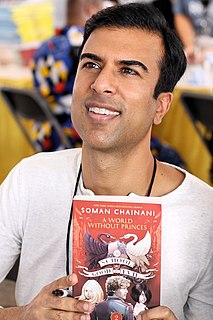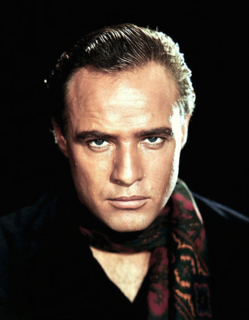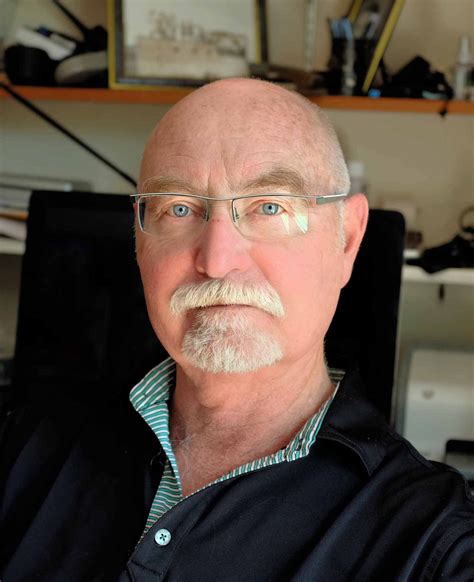A Quote by Alan Gratz
People will ask me, "How do you approach writing books for young readers differently than for adults?" My answer is always: I don't change anything about the story itself. I'm going to tell kids the way things really were. What I don't do - and this is the only thing I do differently in writing for kids - is that I don't revel in the gory details. I allow readers to fill in the details as necessary. But I don’t force kids to have to digest something they’re not mature enough or ready for yet. If they are, they can fill in the details even better than I could, just with their imaginations.
Quote Topics
About
Adults
Allow
Always
Answer
Anything
Approach
Ask
Ask Me
Better
Books
Change
Could
Details
Differently
Digest
Don't Change
Enough
Even
Fill
Force
Going
How
Imaginations
Itself
Just
Kids
Mature
Me
Necessary
Only
People
Readers
Ready
Really
Something
Story
Tell
Than
The Only Thing
Thing
Things
Way
Were
Will
Writing
Young
Related Quotes
Generally I find that kids ask better questions than you get with adults. Something that kids will do a lot is, they're so nervous, and they're not really paying attention, so they'll ask the same question someone just asked. And you're trying to be nice and not embarrass them any more than they are already.
We had a teacher, named Mr. Brown, and he was writing something on the board once - he was writing something on the board, and he farted. And you would have thought kids had seen the face of God. Kids weren't even laughing; they were just sitting there screaming, just screaming. Kids had to get carted out; kids were screaming. Kids had to get carted out, and they were going to the nurses' office. Kids are crying in the hallway. 'Oh, this is our 9/11.' And it was. It was their 9/11 'cause they never thought anything like that could ever happen.
To me representing clairvoyance, how was I going to achieve that, how I was going to capture that? For me, it all became about her gaze and the way she takes you in. It's a rhythmic thing and a stillness thing to consider but these are little details, little nuances. We were invited to the sanctity of her home and there were roosters running around and she's screaming, "Jackie, be quiet!" Even though she's in the middle of the thing. And these are the details that we wanted to incorporate into our story.
I never think of my work as writing for a young audience, frankly, because I think it risks talking 'down' to them. The idea is for these books to work just as well as for adults as kids. As for what readers will take away, I just want them to love being in the world and see it as a safe place to explore things that adults are often uncomfortable talking to them about.
I think the more the listener can contribute to the song, the better; the more they become part of the song, and they fill in the blanks. Rather than tell them everything, you save your details for things that exist. Like what color the ashtray is. How far away the doorway was. So when you're talking about intangible things like emotions, the listener can fill in the blanks and you just draw the foundation.
I get letters from two kinds of readers. History buffs, who love to read history and biography for fun, and then kids who want to be writers but who rarely come out and say so in their letters. You can tell by the questions they ask - How did you get your ?rst book published? How long do you spend on a book? So I guess those are the readers that I'm writing for - kids who enjoy that kind of book, because they're interested in history, in other people's lives, in what has happened in the world. I believe that they're the ones who are going to be the movers and shakers.
Kids, if anything, are harder to write for because they are a more discerning audience. They will not stay with you if you go off on a tangent or if you give them extraneous information that doesn't serve the story. You really have to tell a tight story. You have to give them humor and suspense and believable characters. All those things that adults want too, but you have to be really on your game when you're writing for kids.
If the president of the country is not actually saying something, allowing equality to happen, how could you expect to counsel kids not to bully other kids? If they're not seeing that their society sees gay people as equals, how could you tell them what they're doing is wrong? With all this stuff going on, with the "Don't ask, don't tell" and things like that, we are second-class citizens, definitely. It just seems to me that it's hypocritical for us as a culture to say, "Bullying is a terrible thing," when really, they are just reflecting what the society is doing.

































